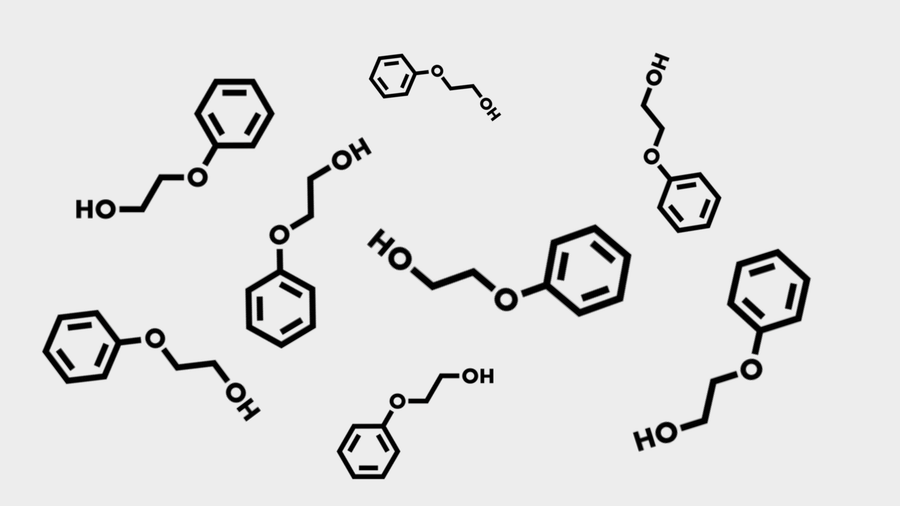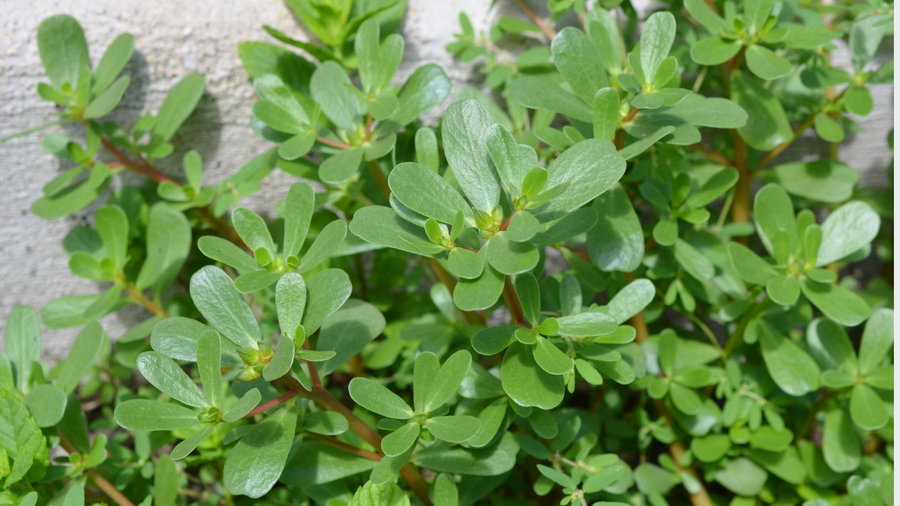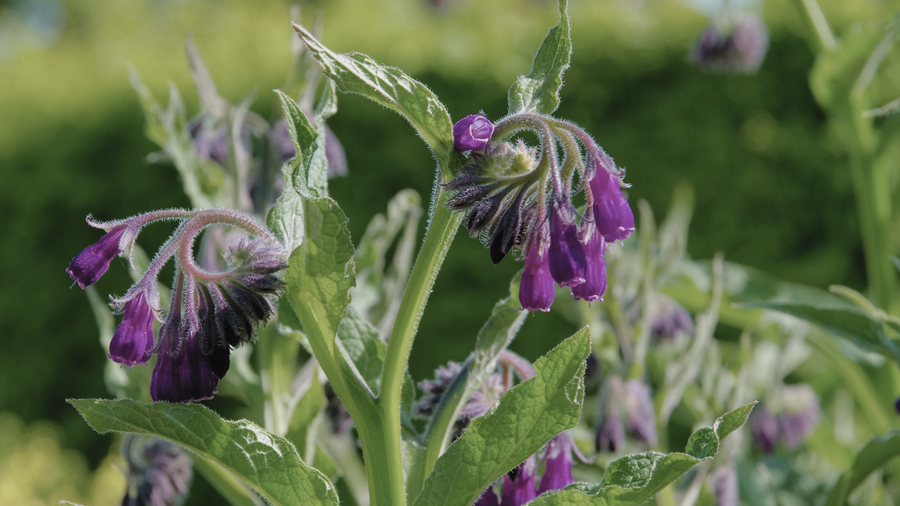Beef tallow has entered the skincare chat, and opinions are divided. Rooted in ancestral wellness trends and DIY skincare circles, this rendered animal fat is being promoted as a natural, bio-identical moisturizer. But is beef tallow actually good for your skin? Or is it just another viral trend?
Let’s take a look at the science, pros, and limitations, so you can decide what works for your skin (not just your feed).
What Is Beef Tallow?
Beef tallow is purified animal fat, typically from grass-fed cows, that’s been rendered down to create a solid, balm-like substance. It’s rich in saturated fats and fatty acids like stearic acid, palmitic acid, and oleic acid, many of which are also naturally found in human sebum.
This similarity is what leads some to call it “bio-identical,” claiming it absorbs easily into the skin and helps support the barrier.
Historically, tallow has been used in soaps, salves, and even cooking. Its modern skincare comeback is tied to the rise of “ancestral beauty” and minimalist, ingredient-simplified routines.
Why Do Some People Swear By It?
There are some benefits that make tallow appealing as a moisturizer:
- Rich in lipids that help create an occlusive seal and prevent transepidermal water loss.
- Naturally contains vitamins A, D, E, and K; fat-soluble nutrients that play a role in skin health.
- No synthetic additives or preservatives when sourced cleanly.
- Offers a dense, balm-like texture that can feel soothing on dry, flaky, or wind-chapped skin.
So, is Beef Tallow Actually a Good Moisturizer?
Let’s break this down across three dimensions:
1. Moisture Retention
Beef tallow is an occlusive, meaning it helps lock in moisture. However:
- It does not hydrate the skin on its own (you’ll still need humectants like glycerin or hyaluronic acid underneath).
- It can trap irritants or bacteria if your skin isn’t properly cleansed beforehand.
-
For some skin types, it may feel too heavy or greasy.
2. Skin Compatibility
This is where things get tricky:
- For dry or mature skin, tallow may feel comforting and restorative.
- But for oily or acne-prone skin, it may clog pores or trigger breakouts.
- It has a relatively high comedogenic rating compared to more modern moisturizers.
- Tallow’s texture can also sit heavily on the skin, which some users don’t enjoy.
3. Potential Irritation, Especially from Additives
Here’s something many people don’t realize: Beef tallow has a natural odor. It’s earthy, meaty, and not exactly what most people want lingering on their skin.
To mask this, many tallow-based moisturizers include essential oils like lavender, tea tree, or citrus oils—which can be highly sensitizing to delicate or reactive skin types.
At GRAES, we formulate without any essential oils for this very reason. Just because an ingredient is "natural" does not mean that it is safe.
Is It Beef Tallow Clean? Is It Ethical?
Beef tallow is certainly natural, but “clean” means more than that.
- From a clean beauty perspective, tallow isn’t inherently unsafe, but its quality depends heavily on how it’s sourced and processed.
- From a vegan or sustainability lens, it’s not plant-based, and some customers may object to using animal-derived ingredients in personal care.
- There are also no preservation systems built into DIY tallow balms, which could increase the risk of spoilage or microbial growth.
What to Use Instead of Beef Tallow
If you’re drawn to the rich, emollient feel of tallow but want something more elegant and skin-compatible, you’re in luck. There are many options that deliver similar barrier-supportive benefits, without the smell, weight, or irritation risk:
- Ceramides – strengthen the skin barrier.
- Squalane – lightweight occlusive that mimics natural sebum.
- Colloidal oatmeal – soothes irritation and locks in moisture.
- Fatty alcohols – non-comedogenic moisturizers often misunderstood as drying.
- Niacinamide and allantoin – support barrier repair and reduce sensitivity.
What GRAES Recommends
At GRAES, we believe in minimalist formulas that work for sensitive, reactive, and barrier-compromised skin, without sacrificing performance. Our flagship product, Night C.A.P. includes:
- Skin-identical ceramides
- Nourishing colloidal oatmeal and purslane
- Calming allantoin
- Hydrating humectants
- Zero fragrance and zero essential oils
Because we believe “clean” should mean safe, effective, and gentle, not just natural.
TL;DR
- Beef tallow can work as a moisturizer, especially for dry or mature skin.
- But it’s not ideal for oily, acne-prone, or sensitive skin types.
- Many tallow products include essential oils that can cause irritation.
- There are more modern, balanced ingredients that offer the same barrier benefits—without the heaviness or animal sourcing.
Want a Rich Moisturizer Without the Animal Fat?
Try Night C.A.P., our 8-in-1 night cream designed to support your skin barrier while you sleep. Packed with ceramides, niacinamide, and other calming actives, it delivers the results you’re looking for, without the heaviness or irritation.









